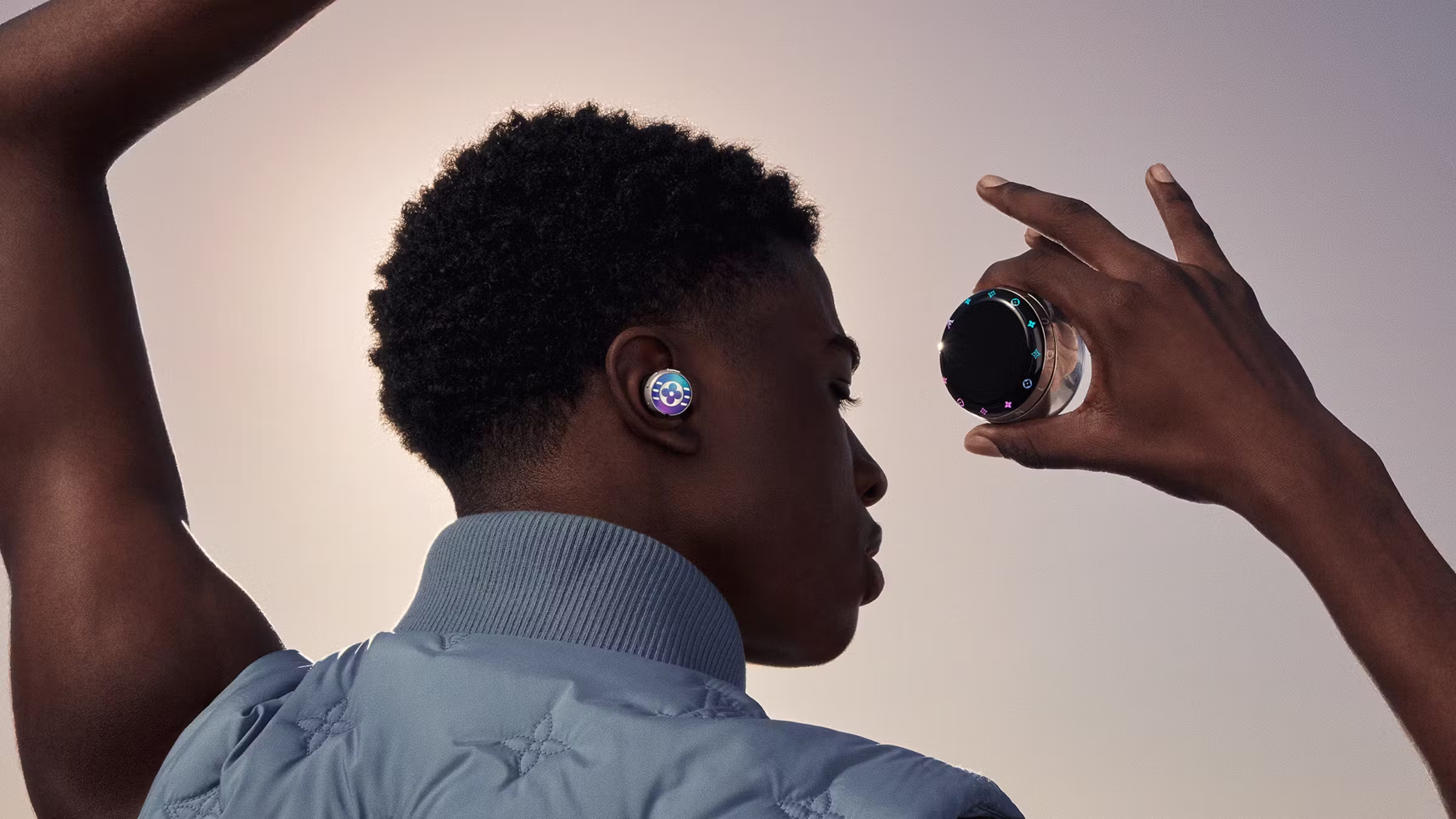IoB data: a challenge for the customer experience in the Parisian luxury and gastronomy sectors

As the Internet of Behaviors (IoB) develops, the world of luxury and gastronomy in Paris is adopting these technologies to offer ultra-personalized experiences. However, data collection and analysis raise major ethical questions.
IoB, which relies on behavioral analysis to adapt services, has become a strategic tool in the luxury and gastronomy sectors. In Paris, temples of refinement such as Michelin-starred restaurants and fashion houses use this data to understand customer preferences, anticipate their needs and personalize offers. But this practice raises concerns about the ethical use of personal information and the role of bias in the customer experience.
Parisian luxury and data collection: where do you draw the ethical line?

In the world of luxury, customers expect exceptional service, with every detail thought out for them. The IoB enables prestigious brands in Paris, such as Dior, Cartier or Michelin-starred restaurants like Le Meurice, to anticipate their customers’ desires. Using behavioral data, these establishments can, for example, offer tailor-made menus or specific collections based on detected tastes.
However, a survey by ExpressVPN explains that the limitations of IoB are often overlooked in these settings, particularly in terms of privacy issues and the potential manipulation of consumer behavior through continuous data collection. By committing to these ethical principles, organizations can harness the power of IoB and AI technologies while preserving individual rights, fostering trust and promoting fair outcomes for all users
What’s more, transparency of practices is crucial to building lasting trust. A romantic dinner at the Jules Verne, where every detail seems anticipated, may be impressive for the customer, but it can quickly become intrusive if the origin of this knowledge is not explained.
Bias in data analysis: a risk to inclusiveness
The use of IoB in the luxury sector in Paris can also perpetuate biases that exclude certain groups of consumers. For example, if the data used to personalize gastronomic offers or high-end services comes mainly from regular customers of these establishments, it risks overlooking the preferences of international visitors or new customers from more diverse backgrounds.

A case in point would be an algorithm designed to predict preferences based on past reservations at Michelin-starred restaurants in Paris. If this algorithm is based on biased data favoring consumers of certain nationalities or social classes, it could exclude other potential customers, such as lovers of haute gastronomy from different culinary cultures. Diversity in the data collected is therefore essential to avoid reinforcing inequalities.
Strategies for responsible practices in luxury and gastronomy
Several strategies can be implemented to meet these challenges:
- Promote ethical and transparent data collection: Parisian luxury houses and restaurants need to be clear about how customer data is collected and used, by instituting explicit consent policies.
- Fair representation of customers: Ensuring that data comes from a diverse and representative sample allows us to better understand the needs of all customer groups, including international visitors or marginalized groups.
- Monitor algorithmic biases: Regular audits of data models can help detect and correct biases before they affect the customer experience.
- Prioritize confidentiality: collected data must be anonymized and secured to protect personal information, in compliance with regulations such as the RGPD.
A fair future for IoB in the Paris customer experience
By adopting an ethical approach, players in the luxury and Parisian gastronomy sectors can continue to use user behavior to enrich their services, while respecting consumers’ rights and expectations. Houses like Ladurée or Louis Vuitton, in partnership with artificial intelligence experts, could not only offer unique experiences, but also become models of data responsibility.
In a city like Paris, where excellence is the norm, combining ethics and innovation in data use represents a real challenge – but also an opportunity. With responsible practices, the French capital can continue to shine as a global reference for luxury and gastronomy, while protecting the rights and diversity of its visitors.




